|
The
Kashiwazaki-Kariwa Reactor Accident Worse Than Three
Mile Island
by Royce
Penstinger
As information comes
streaming in, as the damage estimates and contamination
amounts grow, one thing is obvious...all seven
Kashiwazaki-Kariwa reactors are in serious trouble, and
need to be decommissioned in the name of public health
and safety. To do other wise exposes the citizens of
Japan to a nuclear disaster potentially far more
devastating than Hiroshima ever was.
In the early hours following the 6.8 on the richter
scale earthquake, officials at Tokyo Electric Power knew
they were in trouble, but refused to sound the alarm,
waiting hours to inform the authorities that they were
in trouble. Instead, they down played both the damage at
the facilities, and the risk to human health and the
environment, claiming the only damage suffered was a
small transformer fire...suppose they (company
management) were blinded to the obvious, which included
buckled sidewalks, huge cracks and heaves in the plants
road system, and concrete barriers tossed about like a
child's Lego set.
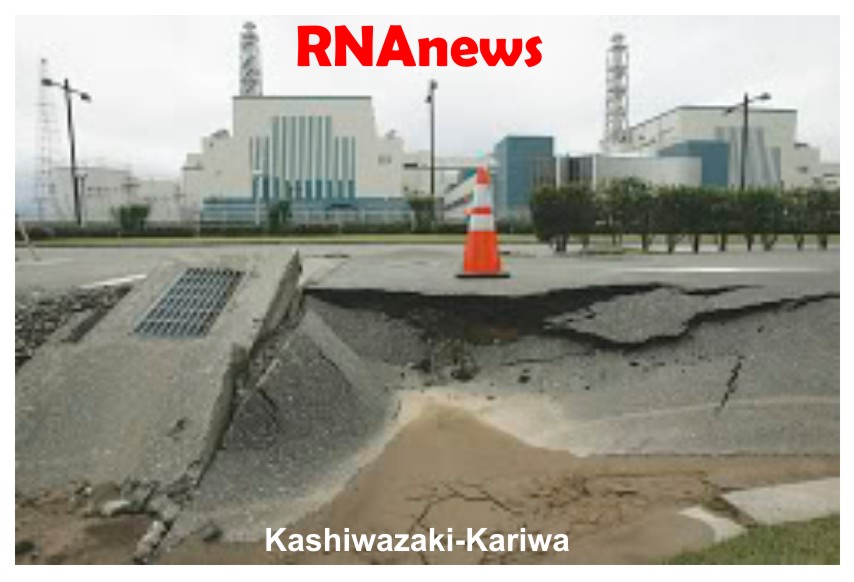
With each passing
hour, the reports have grown more severe, the
contaminant issues growing expodentially. For instance,
the tipped barrel of radioactively contaminated
materials went to a few, to fifty, then to 100, and now
the count is 400 barrels of spilled contents. A leak of
materials into the environment was originally stated as
being less than two liters now stands at almost 400
gallons of highly toxic waste savagely dumped into the
Japanese Sea, potentially threatening the fishing
industry of the area. Additionally, we now know that an
undisclosed amount of Cobalt 60, and other highly
dangerous, cancer causing radioactive contaminants
escaped into the air...with NO WARNING TO THE CITIZENS!
 The
Mayor of Kashiwazaki, Hiroshi Aida tired of the lies and
coverup by TEPCO has acted both quickly and decisively
in ordering the entire facility closed until it can
prove to the citizens it is a safe site that can be
operated safely. If the mayor sticks to his guns, it may
be impossible for TEPCO to prove these seven reactors
are safe. New geographical information coming out into
the light of day shows A) that the quake far exceeded
the design basis criteria for the plants, which were
only designed to survive a quake of a magnitude of 6.5,
instead of the 6.8 quake that demolished much of the
reactor site, and B) it is now believed that at least
one of the reactors actually sits directly atop a fault
line. The
Mayor of Kashiwazaki, Hiroshi Aida tired of the lies and
coverup by TEPCO has acted both quickly and decisively
in ordering the entire facility closed until it can
prove to the citizens it is a safe site that can be
operated safely. If the mayor sticks to his guns, it may
be impossible for TEPCO to prove these seven reactors
are safe. New geographical information coming out into
the light of day shows A) that the quake far exceeded
the design basis criteria for the plants, which were
only designed to survive a quake of a magnitude of 6.5,
instead of the 6.8 quake that demolished much of the
reactor site, and B) it is now believed that at least
one of the reactors actually sits directly atop a fault
line.
In an attempt at damage control, in their drive for a
Nuclear Renaissance, the heavy hitters within the
nuclear industry are out in force downplaying the
significance of the event, and offering Tokyo Electric
Power whatever help is needed in getting the reactors
back up online. Sad to think that political and
financial agendas are taking a front seat to human
health and safety, but if some of the remarks on the NEI
Blog are any example, that is just what we are seeing.
IAEA chief Mohamed ElBaradei was quick to offer aid,
saying he would be more than willing to put together a
team of foremost experts from around the world, but then
discredited himself and the IAEA by being quick to point
out (without even having seen the damage) that he was
sure the basic structural stability of the reactors was
probably fine.
The NRC was/is not much better, caring more about
political spin, and keeping the GNEP, Nuclear
Renaissance ball moving down the field than seeing to
the safety of almost 100,000 Japanese citizens, even if
it means losing seven of their precious reactors.
Expecting Entergy to trot out any minute to the press to
announce they are sending Paul Newman over to take a
personal tour of the site, and give it a clean bill of
health to resume operations. In a perfect Bill Clinton,
George Bush tag team, Entergy could also snag Patrick
Moore...after all, he never met a corporate jet and a
$15,000 check he did not like. Entergy could make it the
Three Musketeers by rounding off the group with
Christine Todd Whitman. We'll call it the CASEnergy
Nuclear Diplomatic Tour.
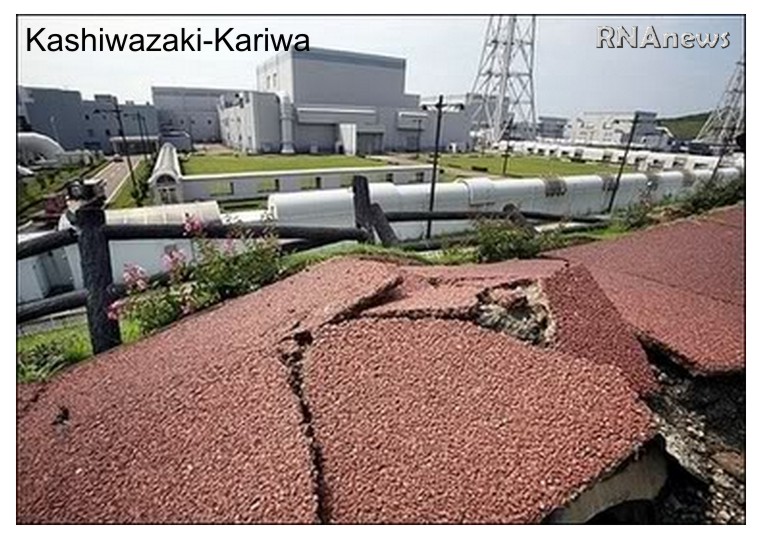
Face it folks...the longer reactors are up and running,
the closer we are getting to a disaster of Biblical
Proportions, and try as they might, the Nuclear Energy
Institute and the trouble plagued industry they
represent cannot hide the horrid truths forever. A
perfect example of the twisted lies told to protect the
industry can be found in the differing views offered to
the Press from a TEPCO spokesman, and a spokesman for
Japan's Meteorological Agency. To mitigate public image
damage, and the very real risk of having their reactors
permanently shut down and decommissioned, TEPCO
spokesperson Hiroshi Itagaki said aftershock data
indicate a fault under the ocean floor near the plant.
Meteorological Agency official Osamu Kamigaichi paints a
far more troublesome picture though when discussing the
EXACT SAME DATA when he stated to the press that the
fault line runs directly under the plant, and that one
reactor may actually sit directly on top of the fault
line.
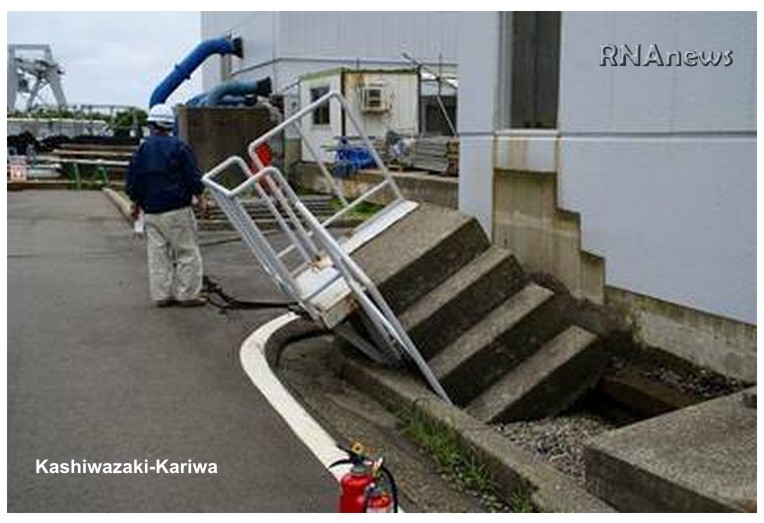 Entergy's Indian Point and numerous other aging and
brittled reactors also sit on or near MAJOR earthquake
fault lines, and a quake of similiar numbers to the one
in Japan would more than likely split the cores like an
over ripe mellon. Our own reports from various people we
have spoken with who are familiar with Entergy's problem
plagued Indian Point reactors, which are leaking tritium
and strontium 90 into the Hudson River lead us to
believe that most of the sensors installed over 30 years
ago to detect and record earthquake activity at the
Indian point site are not only outdated and obsolete,
but in too many cases are no longer functioning. One
thing is certain...a earthquake of significant
proportion at a site such as Indian Point, or
California's Diablo Canyon would cause catastrophic harm,
and financial damages would run into the hundreds of
billions if not trillions of dollars. If New Orleans is
any example, such and event would all but destroy New
York City as we know it today.
Entergy's Indian Point and numerous other aging and
brittled reactors also sit on or near MAJOR earthquake
fault lines, and a quake of similiar numbers to the one
in Japan would more than likely split the cores like an
over ripe mellon. Our own reports from various people we
have spoken with who are familiar with Entergy's problem
plagued Indian Point reactors, which are leaking tritium
and strontium 90 into the Hudson River lead us to
believe that most of the sensors installed over 30 years
ago to detect and record earthquake activity at the
Indian point site are not only outdated and obsolete,
but in too many cases are no longer functioning. One
thing is certain...a earthquake of significant
proportion at a site such as Indian Point, or
California's Diablo Canyon would cause catastrophic harm,
and financial damages would run into the hundreds of
billions if not trillions of dollars. If New Orleans is
any example, such and event would all but destroy New
York City as we know it today.
Hideyuki Ban, director of the civil group Citizen's
Nuclear Information Center was quoted by the press"Japan
has a dense population so the human damage would be
major here. There would be many deaths," and "I think
that a quake-prone country should phase out its use of
nuclear power." He is absolutely correct. Neither
America or Japan needs another Chernobyl or Hiroshima on
their shores, yet the IAEA, NRC and the NEI seem willing
to risk just that in their push to revitalize a failing
industry. The NRC's rubberstamping of license renewal
applications to maintain the nuclear industry's market
share has got to come to a screeching halt. Here in New
York we have 21 million people living within 50 miles of
the crumbling Indian Point nuclear reactors, and a quake
similiar to the one in Japan could potentially kill
hundreds of thousands of those innocent people.
Nuclear energy is neither safe, nor green, and the time
to seek a different pathway to energy independence
without nuclear is upon us.
.
[source: Royce Penstinger -
http://www.blogger.com/profile/15097783614648808652]
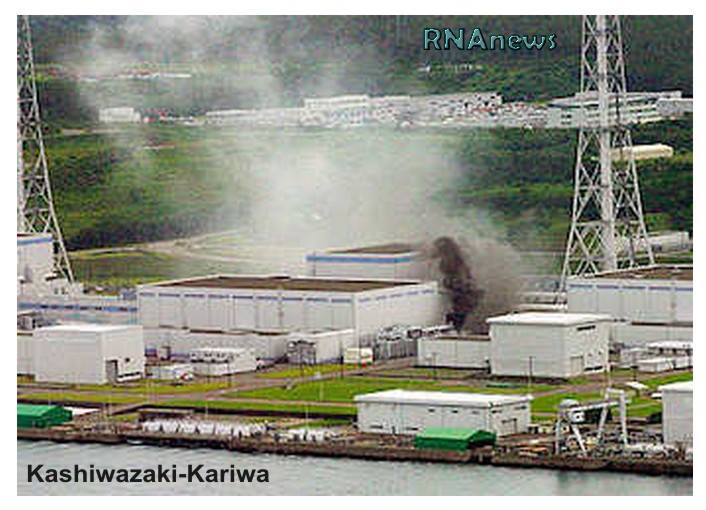
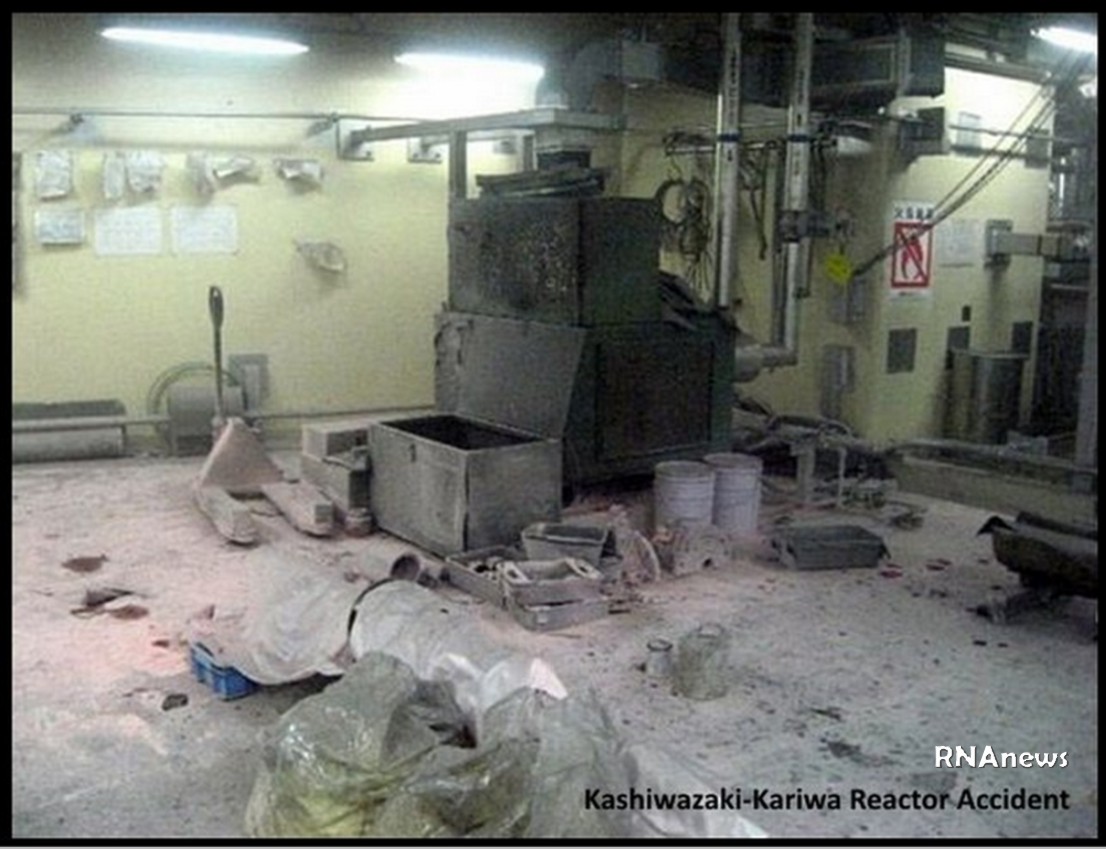 |